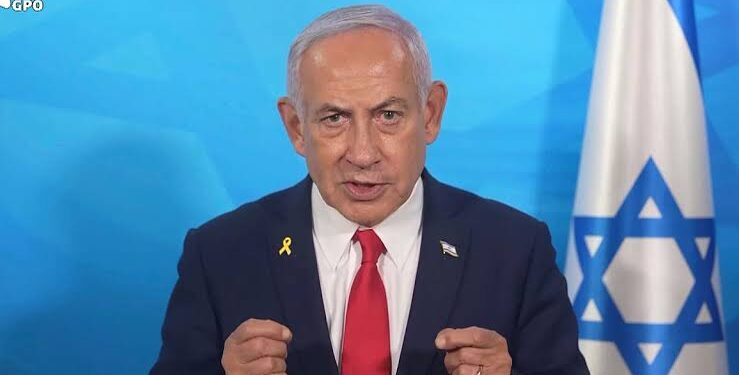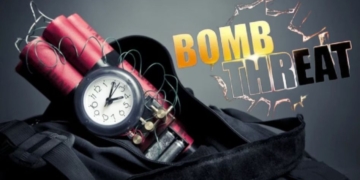Israeli Prime Minister Benjamin Netanyahu’s controversial plan for the complete military takeover of Gaza has received approval from the country’s security cabinet, his office confirmed.
The decision marks a significant escalation in the ongoing conflict, as Israel already controls nearly 75% of the Gaza Strip.
According to reports from the Times of Israel, the Prime Minister’s Office (PMO) also announced plans to provide humanitarian aid to civilians located outside active combat zones within Gaza.
Netanyahu’s justification for the full occupation is rooted in security concerns. “We intend to, in order to assure our security, remove Hamas from Gaza. We want to hand it over to Arab forces that will govern it properly—without threatening us and while offering a better life to Gazans,” Netanyahu said in an interview with Fox News. However, he insisted that Israel has no intention to remain as a governing force in Gaza long-term.
This plan arrives amid a growing humanitarian crisis in the region. International agencies have warned of looming famine, with aid distribution sites repeatedly targeted in recent attacks. Gaza’s health authorities have reported hundreds of deaths in recent weeks, including many civilians attempting to access aid.
In a strongly worded response, Hamas denounced the plan as a “coup” and accused Netanyahu of prioritizing personal and ideological interests over the lives of hostages and civilians. “Netanyahu’s plans to escalate aggression confirm beyond any doubt his desire to get rid of the captives and sacrifice them in pursuit of his personal interests,” Hamas said in a statement.
There is internal resistance as well. Israel’s military chief of staff, Lt Gen Eyal Zamir, is reportedly opposed to a full-scale occupation, warning that it could increase the risks faced by the remaining hostages. Approximately 250 people were taken hostage during Hamas’s October 7, 2023 attack; while most have been freed, around 50 still remain in Gaza.
Despite the backlash, Netanyahu appears determined to push forward with his strategy, stating that implementation will be phased. However, analysts warn that such a move could not only intensify the humanitarian catastrophe but also destabilize regional diplomacy and further complicate efforts for a peaceful resolution.





























